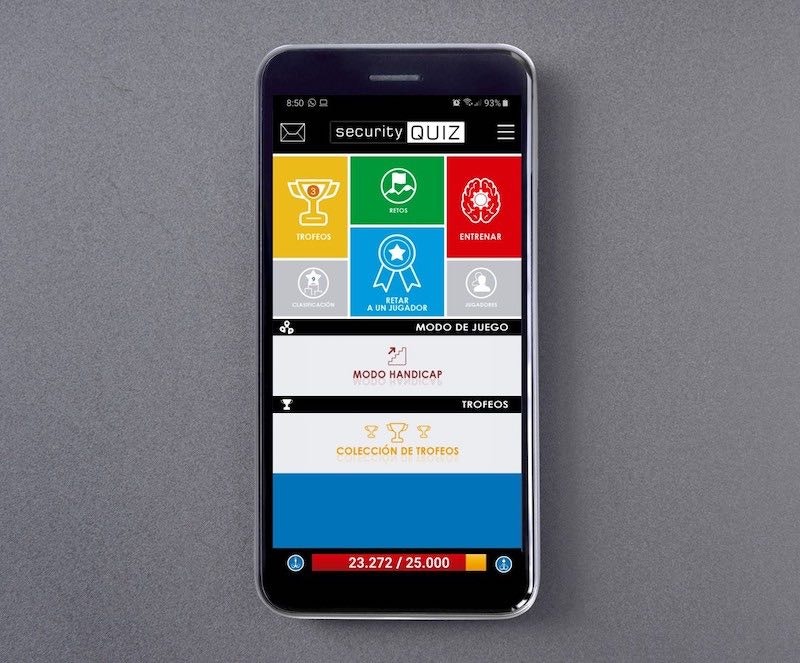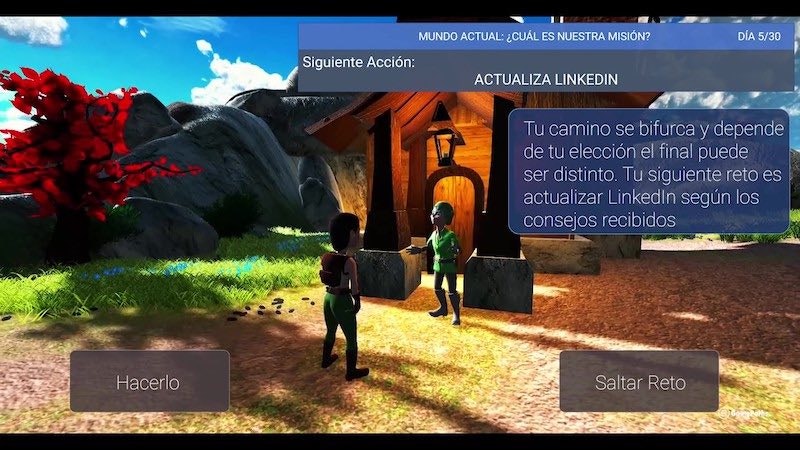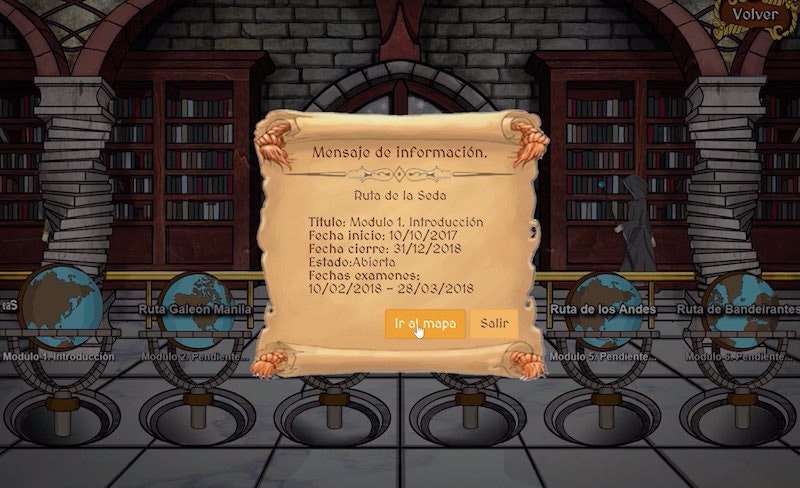Study case
Enterprise gamification success stories

Learning by playing offers many advantages for companies and people over traditional models. Everyone wins
The focus on recruiting the right talent, finding continuing education models for employees, aligning increasingly heterogeneous teams with company goals and addressing the lack of agility in responding to change are, among other aspects, the biggest challenges currently faced by organizations.
The new era drives entities towards continuing education experiences that enable participants to acquire skills quickly and easily. Within cultural changes that adopt new methodologies, the use of digital mechanisms, such as gamification, are the perfect way to ensure employee participation and involvement, resulting in a differentiated AA (anytime, anywhere) learning experience.
As a continuation of the article on the importance of gamification in human resources, the keys to some of our enterprise gamification success stories for optimizing talent and resources include:
Fostering competitiveness
One of our clients, specialized in banking services, wanted to improve the attendance and results of regulated mandatory corporate training. Since this company has high employee turnover, the training must be completed by many people, making gamification an interesting alternative that also offers cost savings.
At the beginning of the process, in-person training was not ruled out and the decision was made to combine the traditional model with gamification. This enabled us to measure the baseline knowledge of participants directly after completing the in-person training, for an average of 40% of correct answers. Thanks to gamification, this percentage rose to more than 80% of correct answers and a participation rate of 89% in only two weeks.
We used the SmartQuiz mobile app to carry out this gamification training. Users train against the system and can also challenge each other. This competitiveness is what encourages people to participate and learn.

Cost savings and unified knowledge
One of our clients, focused on training in the area of digitalization and specific knowledge of financial services, faced the challenge of bringing all employees to the same baseline in order to then carry out training for specific teams. Since the company operated globally, the required investment was approximately €1 million. Thanks to gamification, it was able to lower costs and also increase the participation rate to 65%, surpassing the historic barrier of 30%.
In addition to the cost savings and flexible schedules, gamification also unifies the knowledge levels between groups and surpasses geographic barriers. Furthermore, it creates a sense of belonging that leads participants to share information and best practices.

Increased knowledge retention
In another case, we were faced with a complex syllabus that required in-depth knowledge of specific topics. The goal was to explain how the processes worked to ensure efficient service and lower risks.
One of the biggest challenges in training methods is being able to awaken the interest of participants because the processes are usually tedious, either due to the syllabus or a lack of motivation.
In addition to increasing the percentage of correct answers from 58% to 85% in only two weeks, and reaching a 95% engagement rate, a sharp activity spike was detected during the weekend.
Despite the subject matter’s level of difficulty, users were active in their free time and reached an extremely high knowledge retention rate: three months later, when the evaluation was repeated, participants scored 83% of correct answers. In other words, they only “lost” 2% of what had been learned.
We are currently working on another case in which gamification has been added to a traditional e-learning platform, with customized metaphors set in a world of trade routes (Marco Polo’s Silk Road or the Manila Galleon, among others). The training is still taking place so results are not yet available, but a great deal of importance is being given to the entertainment aspect of these types of scenarios.

To improve knowledge retention and participative talent at your company, with measurable results, try using gamification in non-entertainment settings such as education or work. It has been proven that learning by playing offers many advantages for companies and people over traditional models. Everyone wins.
